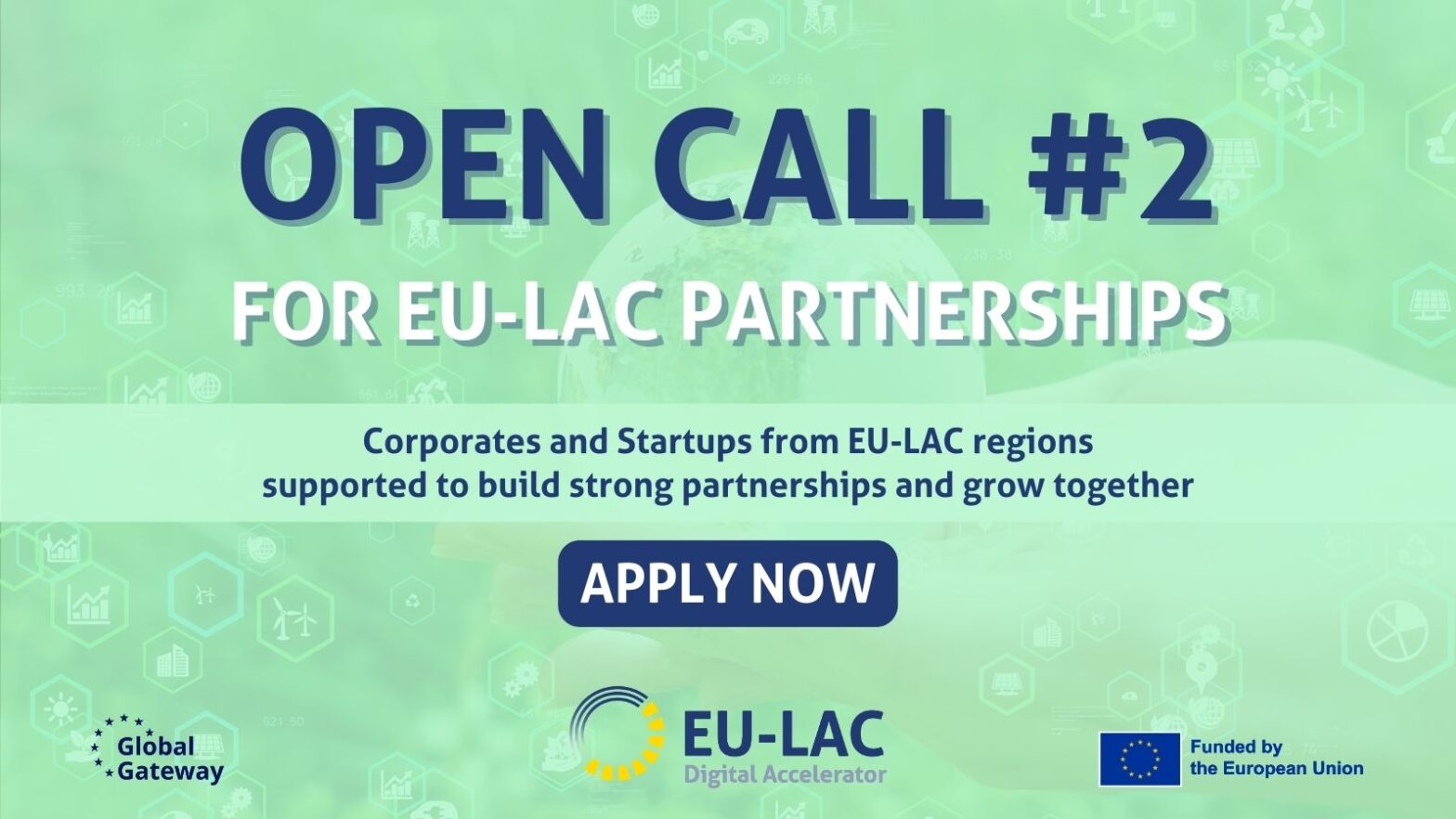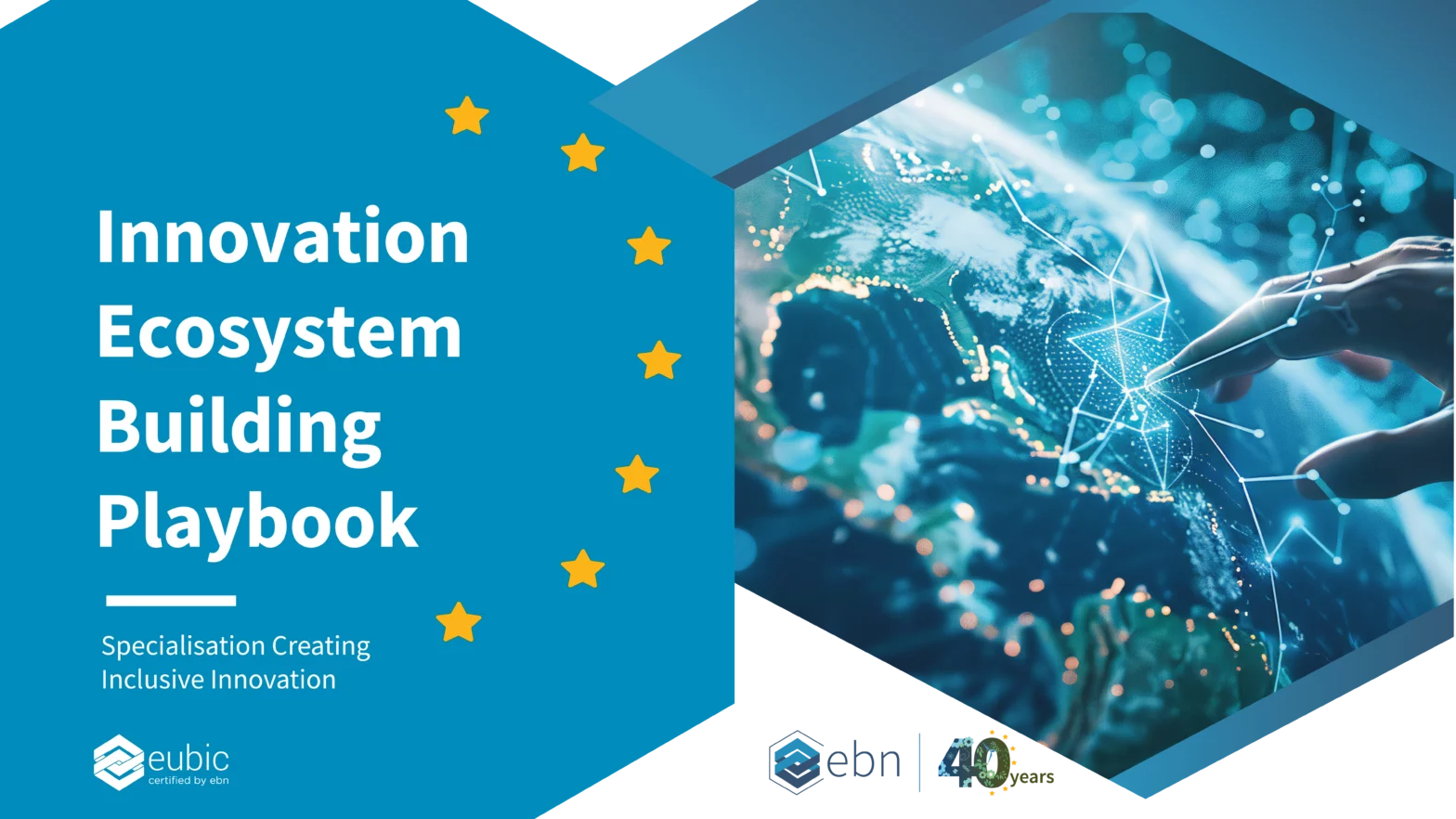CREATING CONNECTION WITH BUSINESS ANGELS

Can you briefly present your work in creating financial tools/ Business Angels Network for your supported companies? Which were the local context & challenges that you started from when you began the reflection?
Around 2015, we realised that the steady growth of angel networks and seed funds in the greater Cambridge region since the early 2000s presented an opportunity for focusing on the investment readiness of the most promising innovative firms with whom we work, and this led to the creation of Pitchfest, which became an annual event in Cambridge and is now going national in most of the UK.
Our reasoning at the time was that we could not run a seed fund ourselves (because of the capital required and extended time lag between initial investment and exit) but we were well-connected already with some of the most active angel groups in the country, such as Cambridge Capital Group or Cambridge Angels, and the managers of successful venture funds like Cambridge Innovation Capital or IQ Capital. Our role would therefore be to ‘systematise’ the contacts between firms and investors, making the process more efficient though scale. We would shortlist a cohort of around 15 companies whose stage of development justified an injection of equity but who had not yet articulated a clear proposition of what problem they solved, the size of opportunity, the funding required or how it would be used. Once the cohort had been fully trained, each company would present to a roomful of investors for constructive feedback and advice on next steps.
PROCESS
Could you walk us through the process of structuring your work and your network? Who do you need to bring at the table and discuss with? Which steps, phases, ingredients you consider that are the most important in the process? (i.e business angel awareness events, Investment readiness workshops,BtoBs meetings preparationm etc.)
The key ingredients at the outset were ensuring that supply and demand were in balance and that our selection and training added enough value to keep both companies and investors engaged. In our experience, investors are often willing to provide informal advice in the early years of a cluster’s development, but they will soon lose interest unless investable proposals start coming through on a regular basis. Likewise, the best way to attract high-potential firms – and raise their game – is to ensure that they present to active angels and fund managers. Fortunately, success with early cohorts meant that later on, investors from London and other parts of the UK would also attend.
Our catchment area is the whole region (the East of England), across which we promoted Pitchfest extensively. A wide pool of applicants meant we could be highly selective. We were fortunate in working with the UK government innovation agency to provide a combination of specialised investment-readiness workshops for each cohort with one-to-one coaching support provided by members of the St John’s team.
Candidate companies need to articulate at the very least their unique, compelling value proposition and to be able to think like an investor: can you build an exceptional team to scale sales exponentially, when and how will you exit? We were fortunate that alongside regular guidance from investors themselves, several leading professional-services firms volunteered their services to run ‘clinics’ for candidate firms covering legal, accounting or intellectual property issues.
Looking back, one of the toughest challenges was orchestrating the final event for each cohort in St John’s Innovation Centre. Bringing together 15 companies to present to 20 or 30 investors is a logistical feat for a small team like ours, including ensuring that we stayed within the strict rules on ‘financial promotion’, which are somewhat complex. The day itself felt like running a marathon. But the informal, social interaction in our bistro following six hours of presentations was part of the ‘black box’ process of Pitchfest: difficult to measure, but clearly powerful in building trust and understanding between entrepreneurs and investors. Part of our ongoing job is to stay in touch with existing investors and build relationships with new ones outside each regular Pitchfest cycle.
IMPACT
What is the current impact of the network locally for your EU|BIC and companies? How do you consider that can your work and learnings be replicated at EBN level?
Looking at our own data for Pitchfest in the East of England, cumulative figures over 6 years show investment of £23M in 33 companies, including sectors such as IT & Telematics, Manufacturing & Engineering, and Bioscience & Healthcare, with 43 jobs created and 46 jobs preserved.
One wider measure of Pitchfest's impact is that since early 2021, we have been rolling out this service across the country, working with partner organisations, as part of a service funded by Innovate UK EDGE. By Spring 2022, two cohort of around 15 companies each will have been put through Pitchfest in each of the English regions, Wales and (soon) Northern Ireland. That means that over 200 companies will have been drilled intensively to become investment ready, out of a pool of 1,000 applicants. And the longer-term legacy will be embedding the know-how in organisations like St John’s across the UK.
We believe that our experience can be replicated elsewhere in the EBN network and we are already working closely with another member to accelerate the development of their investment readiness programmes and outreach to investors. Of course, every region is different in terms of how active investors are, previous experience of entrepreneurs or quality of ‘funding escalator’ (moving from grants to angel rounds, to seed, to Series A…to leverage and exit). And each country will have different investment incentives, tax rules to encourage private investors or regimes to encourage public support of venture capital. But the fundamental principles are broadly aligned across developed economies and the entrepreneurial revolution started in the 1990s continues to gather strength, particularly in European city regions – from Paris to Palermo.
The secret weapon EBN members have is being driven by a commitment to positive impact, which enables us to take a longer-term view than most investors, policymakers, university presidents or other actors in the innovation ecosystem. This matters because building up sustainable investment clusters requires one or two decades, not one or two years. But by learning from each other we can significantly accelerate that cycle.

Kirsten Masson
Head of Programmes and Developments







